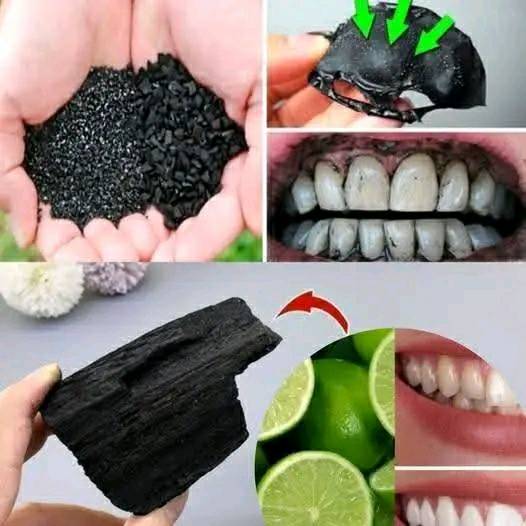ADVERTISEMENT
Interference with Medications
Activated charcoal can bind to prescription drugs, making them less effective.
This includes common meds like antidepressants, birth control pills, or heart medications.
Nutrient Absorption Issues
Charcoal doesn't just bind toxins — it may also bind vitamins, minerals, and beneficial compounds, potentially leading to deficiencies if used long-term.
Constipation or GI Distress
Common side effects include constipation, black stools, and rarely, blockages in the digestive tract.
Not Effective for Routine Detox
The “daily detox” trend isn’t supported by science.
Your liver and kidneys already detoxify your body — charcoal doesn’t improve this.
🧴 Other Uses (Topical or Cosmetic)
Skincare: Used in masks and cleansers for oily or acne-prone skin. May help remove surface oil and dirt.
Digestive cleanse products: Often marketed without solid clinical backing.
Hangover cures: No reliable evidence that it helps with alcohol absorption or hangovers.
🧠 Bottom Line
When used medically, activated charcoal is effective in specific, urgent situations.
As a supplement, it has limited, inconclusive benefits and carries risks — especially if taken regularly.
It’s best to consult a healthcare provider before using activated charcoal for anything beyond cosmetic purposes.
ADVERTISEMENT
